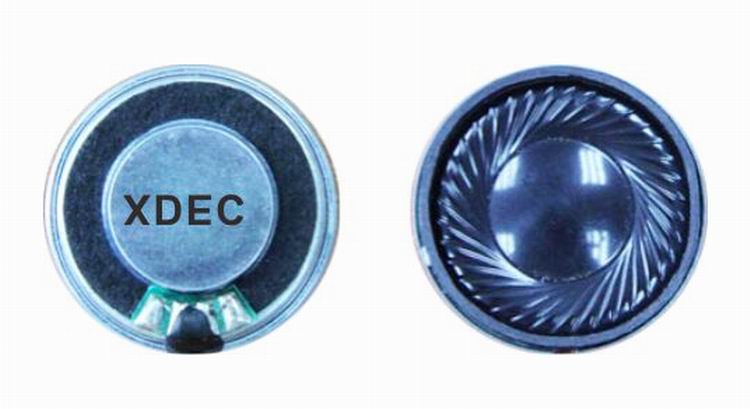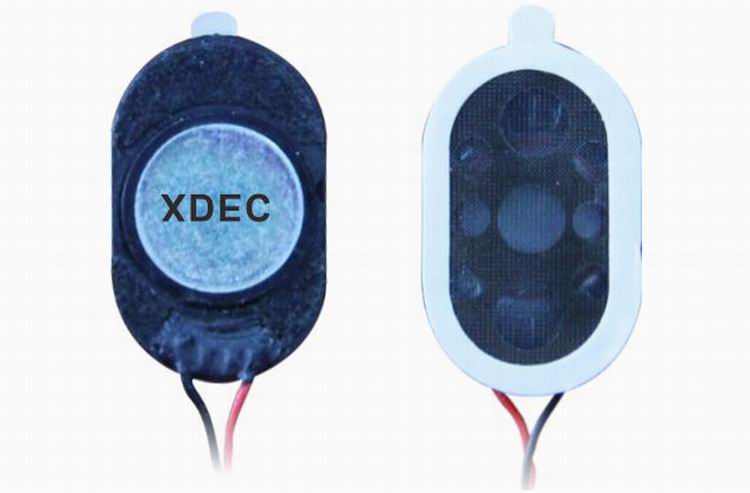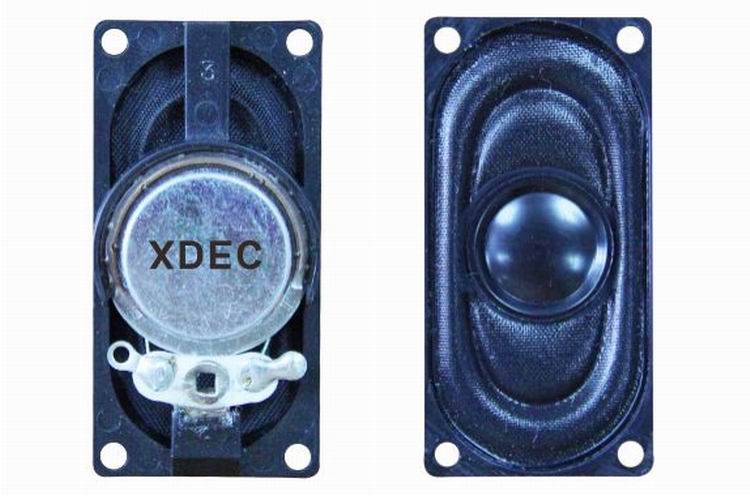With the transformation of traditional home appliance manufacturers into the cross-border Internet of Things smart home industry to realize the intelligentization of home appliance networking and remote control, WiFi modules are valued and used in large quantities in many intelligent hardware. In fact, we are no stranger to WiFi. As long as we go online, we basically can't do without WiFi. It is no exaggeration to say that WiFi has captured the whole world. So, does the WiFi module work in the smart home industry? What impact will it have on the smart home industry?
What is the WiFi module used in the smart home field?
The WiFi module belongs to the Internet of Things transport layer, with built-in wireless network protocol IEEE802.11b.gn protocol stack and TCP/IP protocol stack, which can convert the serial port or TTL level into an embedded module that conforms to the WiFi wireless network communication standard. The WiFi module can be divided into three types: a universal WiFi module, a router solution WiFi module, and an embedded module. Many traditional devices that can be networked are embedded with embedded modules and have intelligent genes.

The WiFi module has entered the field of smart homes very fast. In the past two years, with the wave of the IoT smart home industry, smart homes have risen. Traditional electrical appliance manufacturers are forced to transform and turn on the intelligence, and the WiFi module has become the key to the traditional manufacturers to open the intelligent road. Traditional sockets, refrigerators, light bulbs, etc. can be implanted into the WiFi module to achieve certain intelligence.
Traditional home appliance manufacturers open the road to intelligence, why do they prefer WiFi modules?
WiFi is large and popular. In life, WiFi is like an invisible net that fills our living space. Statistics show that as of the end of 2014, a total of 9.98 billion WiFi devices were sold worldwide, and about 4.5 billion WiFi devices are currently in use. At the same time, WiFi devices are expected to continue to grow at an annual growth rate of 10% in the next five years. In life, just use smart terminal devices, I believe no one does not know WiFi. It can be seen that this is the existing amount and popularity of WiFi, and has the advantage that other wireless technology protocols cannot match. The WiFi module is used in the smart home field, and it is relatively easy to promote and easy for consumers to accept. Objectively, it provides an advantage to the smart device of the WiFi module, and it is relatively easy to take the ride.
WiFi modules are cheap. Although the WiFi module is an electronic component, it is very cheap, and can even be said to be "cabbage price." In January of this year, Xiaomi launched a WiFi universal module for home appliances, which only costs 22 yuan. After that, the price of the 360 ​​company was lower, and the WiFi module was one yuan, which was already lower than the cost price. At such a low price, the traditional device embedded in the WiFi module turns into a smart home for one second, enabling device networking and remote control. The road to intelligence is so simple.
WiFi module development threshold is low. Unlike the ZigBee module, the R&D threshold for WiFi modules is very low. A qualified and relevant professional graduate can complete the design in a short period of time. For the ZigBee module, the simple source code reaches 400,000 lines, and it takes 2 years to read it once. Therefore, from the perspective of vendor research and development, smart devices embedded in the WiFi module can complete R&D and design work in a short time and put them into the market, which is effective.
From the above three, we can see that WiFi has obvious advantages in some aspects. It should be logical and very suitable for use in the smart home field.

WiFi module has a very obvious advantage, why can't it dominate the smart home field?
Although the WiFi module has a large inventory, security is questioned. The security issue seems to have become the label and heart disease of the WiFi module. Whenever the WiFi module is mentioned, the topic cannot be avoided. WiFi passwords have been cracked and WiFi devices have been attacked. These words, which often appear in news headlines, have become commonplace. In the smart home field, more emphasis is placed on smart home security issues, because smart devices are closely related to life and user property, and are more concerned with the security of user privacy data. Once attacked and cracked, the damage is much more serious than the WiFi password leak, and will not be able to make up. At the same time, the WiFi module supports OTA, remote updates and solid state updates, and smart homes based on such modules may be used by module providers.
WiFi module, save health risks. Wireless technology will have some radiation. Compared with other wireless technologies, WiFi is more health threatening. This is not alarmist. Recently, the news reported that a 15-year-old girl in the UK was suicidal because of the interference of WiFi signals. The British girl felt unwell due to the WiFi signal and suffered from fatigue, headache and bladder problems. This case itself makes us feel sorry, but also laterally proves the harm of WiFi signal to the body. In life, you may not be aware of it, but if you live in a family armed with WiFi module smart devices for a long time, it will be harmful to your family's health, especially for children and pregnant women. Make up.
WiFi module smart devices lack the ability to interconnect and perceive learning. If you simply understand the networking of devices and remote control as a smart home, it is a big mistake. Smart homes can not only be remotely controlled, but more importantly, multiple smart devices can be interconnected and work together to bring convenience and security to life. For example, when the combustible gas leaks, the robotic valve and the ventilation system are processed in time and notified to the user's mobile phone. However, the smart device of the WiFi module does not have the perceptual learning ability of interconnection and interoperability, and the smart home which is only connected to the device and remotely controlled is very tasteless and not practical.
In summary, the WiFi module does have advantages that other wireless technology protocols do not have. However, if the core problems in several smart home fields such as security, health and connectivity cannot be further improved, the smart home of the WiFi module can only be a castle in the air.
Learning Machine speaker is a kind of micro speaker unit which uses a diaphragm made of Mylar material. Mylar speakers are of ultrathin design and lightweight and clear voice. It is widely used in education industry (storyteller, voice E-book, repeater, reading pen-).
There are two types of Mylar speakers from the shapes:
1) Round shapes, we have products from 10mm to 57mm in diameter.
2) Oblong shape, we have products in sizes of 1510/1712/1813-..




FAQ
Q1. What is the MOQ?
XDEC: 2000pcs for one model.
Q2. What is the delivery lead time?
XDEC: 15 days for normal orders, 10 days for urgent orders.
Q3. What are the payment methods?
XDEC: T/T, PayPal, Western Union, Money Gram.
Q4. Can you offer samples for testing?
XDEC: Yes, we offer free samples.
Q5. How soon can you send samples?
XDEC: We can send samples in 3-5 days.
Learning Machine Speaker
Learning Machine Speaker,Reading Pen Speaker,Story Machine Speaker,Stereo Speakers
Shenzhen Xuanda Electronics Co., Ltd. , https://www.xdecspeaker.com